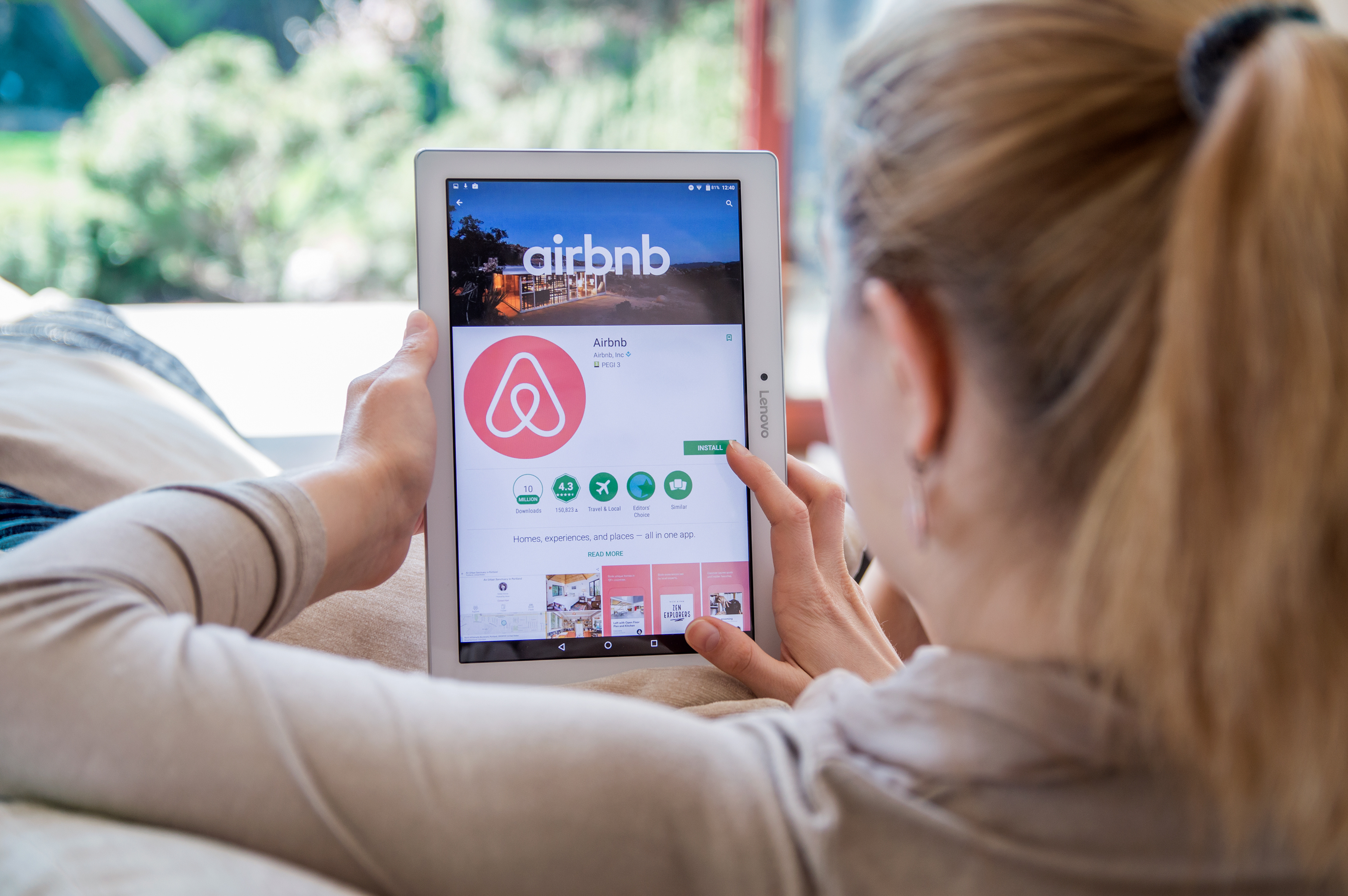Renting out extra rooms or a summer home thru Airbnb is a great way to make some extra money from an otherwise idle asset. There are many practical issues that homeowners consider before allowing strangers in their homes, such as the tax implications of their rental. Payments received through Airbnb is considered income and will need to be reported to the IRS (unless specifically exempted). One such exemption exists for individuals who rent out their own dwelling (1st and 2nd home) for a period of less than 15 days during the year. Property rentals exceeding the 14 days are subject to income tax reporting.
Taxpayers do have an option on what form to file and how to report the rental activity, however those who have not made advanced preparations or specific tax plans will likely report all the activity on their personal income tax returns (Form 1040). For Taxpayers who file Form 1040, activity will have to be reflected on Schedule C or Schedule E. Reportable activity includes all rental income and allocable rental expenses.
In the context of Airbnb rentals, rental income is likely the most straight forward item. Cash basis Taxpayers would include any normal rental payments in the period the payments were received. It is important to note that security deposits are not included in rental income. Hosts are typically restricted from accessing the security deposits and the money is returned to the Guest in the absence of property damage. Property damage and security deposit retention may complicate reporting. If the Taxpayer chooses to deduct the cost of the repairs, the retained security deposit money is considered taxable income. If the Taxpayer chooses not to deduct the cost of the repairs and the security deposit money is a direct reimbursement of those costs the security deposit money is not includable in income. Forms 1099-K may be issued by Airbnb and may aid in the calculation of rental income, however as the forms are issued on a gross basis some adjustments may have to be made.
Expenses of Airbnb rentals cover a wide range of possibilities. Taxpayers are allowed to deduct expenses that are ordinary and necessary. They can be direct or indirect and can include items of cost recovery (noncash expenses). Some examples of typical deductible expenses:
- Utilities
- Property taxes
- Mortgage interest
- Property insurance
- Fees (such as Airbnb charges)
- Cleaning costs
- Repairs
- Depreciation
In the event a property is used exclusively for Airbnb rentals the above expenses would be 100% deductible. If the property includes periods of personal use, expenses may need to be prorated or allocated. Additionally, Hosts who rent out a specific space of their personal home will need to allocate the expenses between personal use space and rental space. Proration and allocation of expenses is a particularly intricate topic; at its core the Taxpayer must use reasonable methods to arrive at allowable deductions which can be attributed to the generation of income. Some typical methods may include a combination of square footage of rented unit versus the square footage of the dwelling and fair rental days versus personal use days.
It is important to note that tax implications may extend beyond the single annual tax filing. Depending on Taxpayer circumstances Airbnb income may generate tax liabilities which may require quarterly estimated tax payments. Failure to comply with estimated tax requirements may result in penalties and interest. Furthermore, Taxpayers may subject themselves to 1099-MISC informational return filing requirements. Payments to cleaning, maintenance, or repair contractors in excess of $600 in connection with the rental property could trigger the need for a Form 1099-MISC.
Individuals who are looking to rent out their unused dwellings on Airbnb should familiarize themselves with the tax implications to avoid unexpected tax bills. Familiarity with the rules will aid in minimizing income and maximizing deductions.





